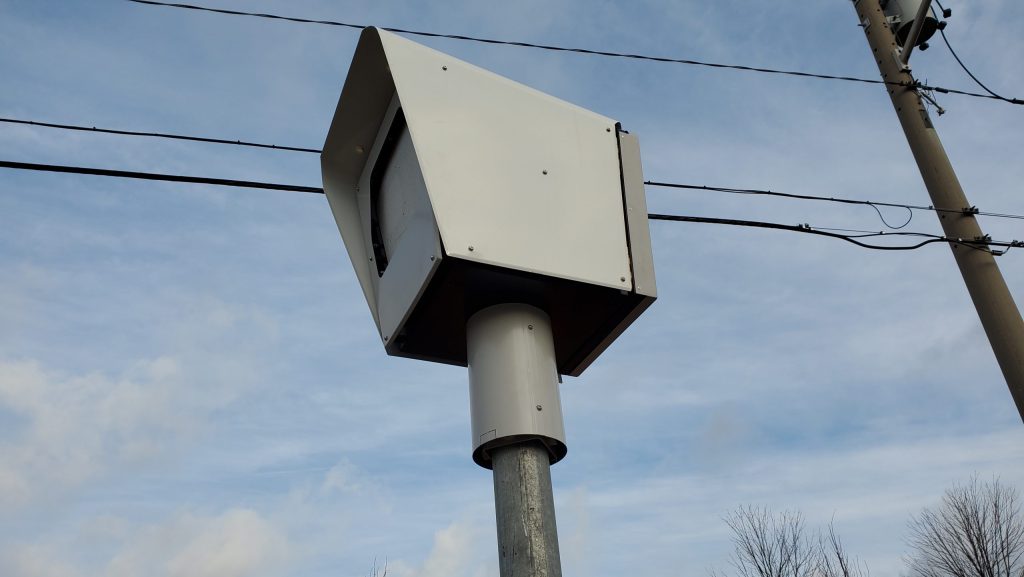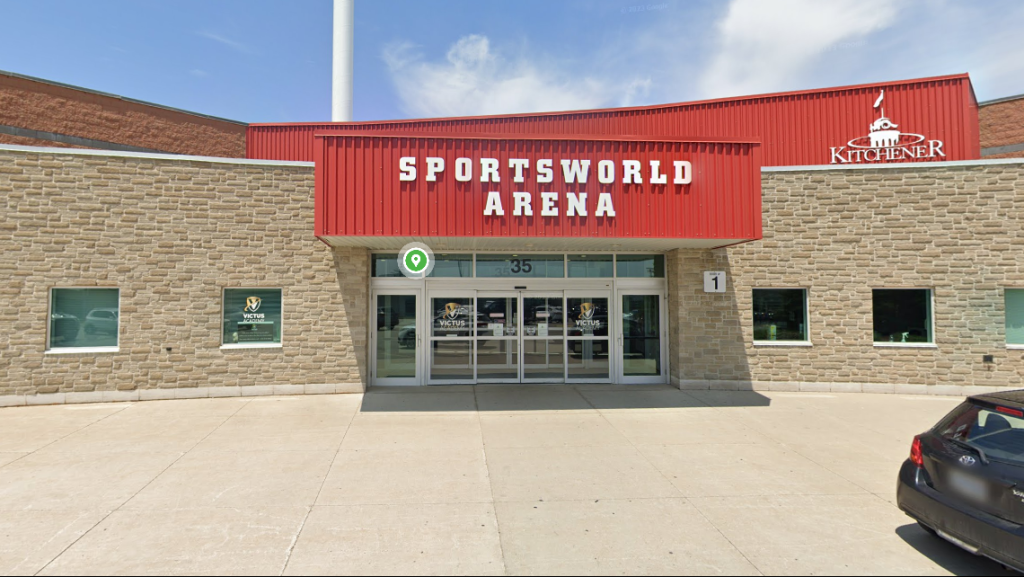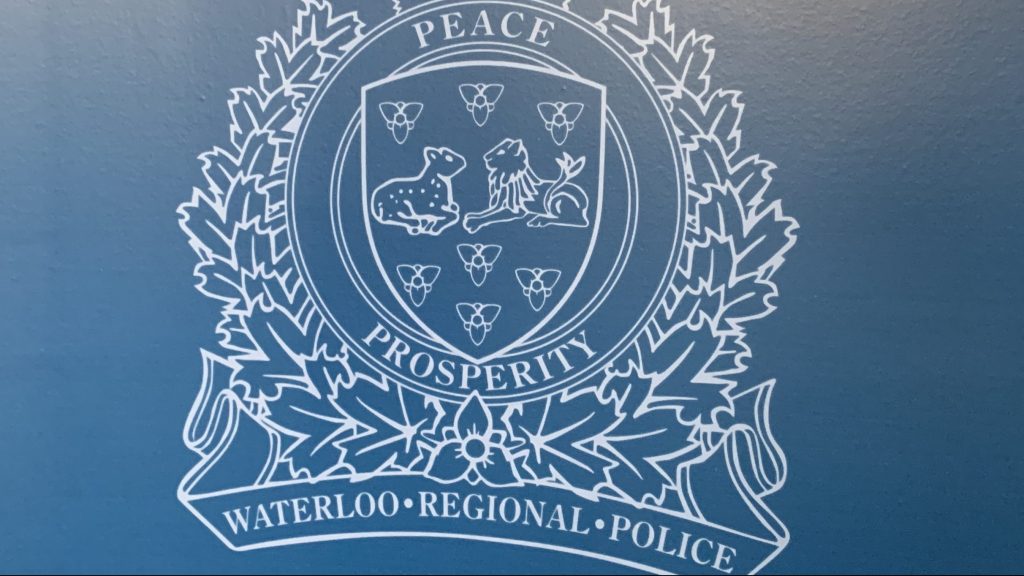Waterloo Council hits the brakes on adding 175 municipal speed cameras

Posted Sep 3, 2024 06:26:09 PM.
Last Updated Sep 5, 2024 10:34:45 AM.
Waterloo Regional Council has decided to defer plans to add 175 new municipal speed cameras throughout the region, calling for further examination at the working group level before revisiting the idea next month.
The decision was made after concerns were raised regarding the increase in overall fines, which councillors say could double in pricing in some cases. They also noted there hasn’t been enough communication with the municipalities themselves on the possible new additions.
The region currently has four speed cameras that circulate between 16 different locations, which primarily are in school zones. The plans originally would have added 36 cameras each year, until 2028, beginning in November.
“Having four cameras rotating through 16 locations just isn’t enough because we know that there are principals at schools and people who are at some of these other locations; playgrounds, long-term care residences, etc., I mean they continue to complain about the speed,” Waterloo Mayor Dorothy McCabe, said in an interview with 570 NewsRadio.
“There’s vulnerable road users, people walking, cycling, in these areas particularly, so we need you to slow down.”
Waterloo Mayor Dorothy McCabe
She went on to say the plans for this particular program have been in talks for quite a while, adding that she was confused that some of the concerns raised during the meeting hadn’t previously been brought up.
“With the speed cameras in particular, it was actually Berry (Vrbanovic) in 2020 who tabled the motion for the region to get these cameras. It’s been over four years now that we’ve been talking about this,” said McCabe.
The plans were originally put forward at the end of August when council voted to carry the motion to expand the Automated Speed Enforcement (ASE) program during its Sustainability, Infrastructure, and Development Committee meeting.
If the plans had been approved, it would have also seen fines increase under the Highway Traffic Act, which had previously been regulated under the Provincial Offenses Act. This would have meant some speeding fines would double under the new program.
“It’s to say to drivers around those kind of areas; you need to slow down. The goal isn’t to raise a pile of revenue, the goal is to change driver behavior.”
McCabe went on to say, when council previously discussed the addition of more cameras, they also said it would be important to give the region more control over the processing. She said it currently all is routed through the province and Toronto in particular, but changing the current program would give them more control.
“It actually would give us the ability regionally, not to set the fines because the fines are all set by the province, but if someone had financial hardship and they needed to discuss the fine, we would then have the ability to have that conversation.”
She added that at the end of the day, the cameras are a real need for the community, going on to acknowledge the increase in fines and the increase in drivers who would be affected.
“If it’s going to take a fine to do that, then unfortunately, so be it. Hopefully, that will change your behaviour.”
The decision from council has been put on hold, now sending its recommendations to a working group of municipal representatives for further discussion, before meeting again in October to revisit the plans.








